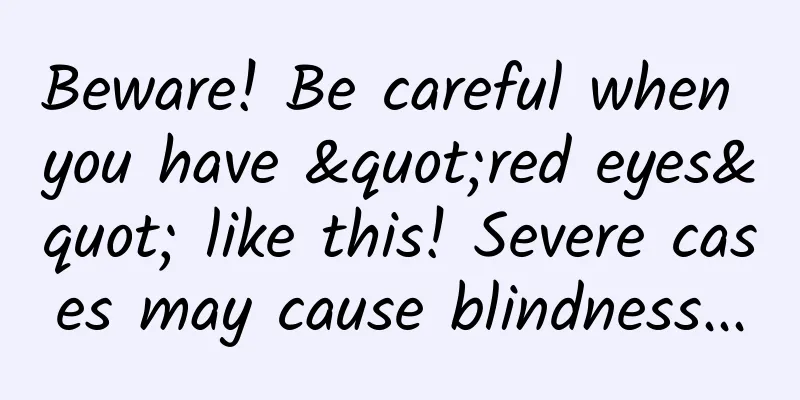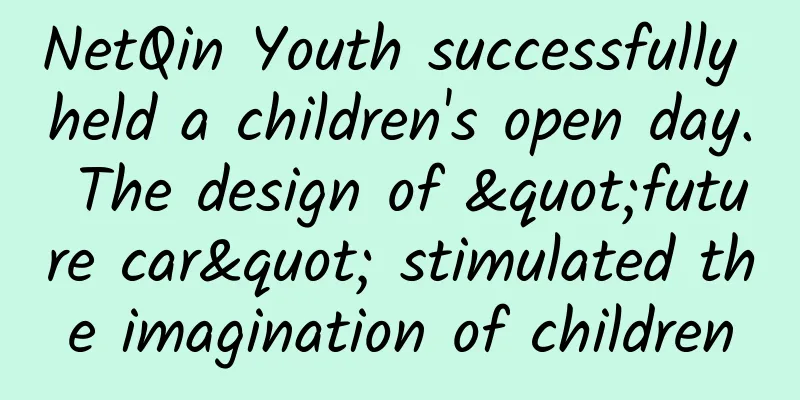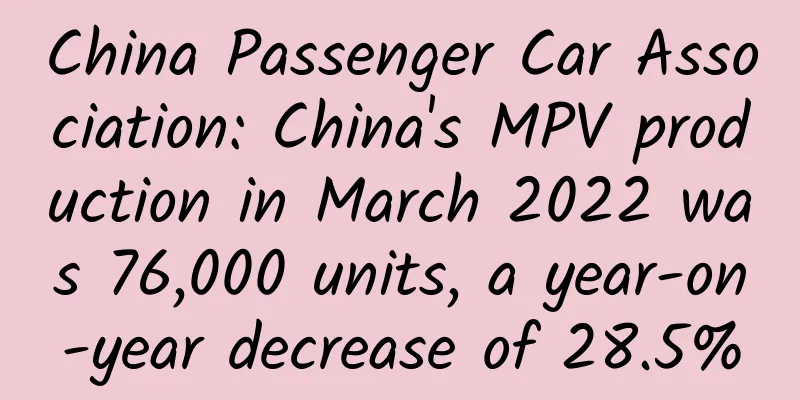You are just one cup of Helicobacter pylori away from the Nobel Prize

|
In October 2005, Australian doctors Barry Mashall and Robin Warren were awarded the Nobel Prize in Physiology or Medicine for their revolutionary discoveries. They found that there was an infectious pathogen in the stomach - Helicobacter pylori, which is an important pathogenic factor leading to a series of gastrointestinal diseases such as gastritis and gastric ulcers. This discovery overturned human cognition - for thousands of years, humans have stubbornly believed that the stomach is a highly acidic environment (gastric acid is mainly hydrochloric acid, pH 1.5-3), and it is impossible for bacteria to grow. So, how was Helicobacter pylori discovered? This is a very interesting and thought-provoking little story. 1. Capture the suspected bacteria As early as the 19th century, scholars discovered bacteria in the stomach during autopsies, but it did not attract much attention at the time. Because people at that time had an inherent understanding that it was impossible for microorganisms to exist in an extremely acidic environment like the stomach, and everyone believed that these bacteria appeared after the human body died. Things started to change in the late 1970s, when fiberoptic gastroscopy became available for clinical use and doctors and scientists were able to obtain biopsy specimens from the stomach. J. Robin Warren, a little-known pathologist, worked at Perth Hospital in Australia, where he was mainly responsible for taking samples of gastric mucosa for biopsy. In his work, he discovered that gastric inflammation seemed to be associated with a type of curved bacteria in the gastric mucosa, so he began to suspect that this bacteria caused gastric inflammation and subsequent gastric ulcers. In order to gain a deeper understanding of this bacterium, he invited Barry Mashall, who was a rotating doctor at the time, to join his research. Marshall was mainly responsible for collecting clinical data, conducting bacterial culture and microscopic observation. After more than 30 failed cultures, the bacterial culture was finally successful due to an accidental factor. How did they cultivate success? Happiness came so suddenly. During the Easter holiday, they accidentally forgot a culture. **After the holiday, they were surprised to find that a colony had grown inside. **This discovery made them very excited. All accidents are inevitable. This means that they have finally succeeded in cultivation. This success also laid a good foundation for subsequent research on Helicobacter pylori. 2. Helicobacter pylori: a Nobel Prize-winning discovery In October 1982, Dr. Marshall wrote a research paper based on his observations and related data analysis and submitted it to the famous medical journal The Lancet, but the paper was met with a lot of doubts and ridicule. **At that time, everyone still firmly believed in the idea that "the stomach is a highly acidic environment and it is impossible for bacteria to grow." **Dr. Marshall was also at a young and energetic age and was very persistent in his own views. In order to prove that Helicobacter pylori is the culprit of various stomach diseases, he decided to use humans for experiments. However, the experiment encountered a problem at the beginning, there were no volunteers. Not to mention that few people supported his point of view, if this research is true, then the body of the people doing the experiment will be damaged, which makes many people stay away from it. But this did not stump him, and he soon found a volunteer willing to be a human guinea pig - himself. Marshall did what he said. He first underwent a fiber gastroscopy and related analysis to prove that he did not have this type of bacterial infection. Then he drank a cup of Helicobacter pylori culture fluid. After drinking it, the bacteria multiplied in his stomach for about a week. Marshall began to experience symptoms of stomach problems: vomiting and stomach discomfort. On the tenth day, Marshall went for a gastroscopy and found obvious inflammation in his stomach. He then isolated some bacteria from his gastric mucosa and cultured Helicobacter pylori. This result shocked the scientific community because Marshall's great discovery overturned the inherent cognition of mankind. For the first time, mankind proved that gastric diseases such as gastritis and gastric ulcers are closely related to Helicobacter pylori. Over the next decade, Marshall continued to conduct in-depth research; in 1994, the World Health Organization listed Helicobacter pylori as a Class I carcinogen for gastric cancer; in 2005, Marshall and Warren were awarded the Nobel Prize in Physiology or Medicine for their major discoveries in Helicobacter pylori gastric disease. 3. You are one cup of Helicobacter pylori away from a Nobel Prize Helicobacter pylori causing gastric disease is a very important scientific research discovery. But in fact, it is not that no one has done research in this area before. As early as 1892, Italian pathologists discovered Helicobacter pylori in the gastric mucosa of dogs and drew a related map of Helicobacter pylori. In 1978, scientists from Shanghai Jiao Tong University also discovered curved Helicobacter pylori when conducting scanning electron microscopy research on the gastric mucosa of patients with chronic gastritis. Unfortunately, they only described it but did not conduct further research, did not culture and isolate live bacteria, and did not complete a scientific cycle to confirm their findings and conjectures. It was not until 1982 that Warren and Marshall discovered the existence of this bacterium and insisted that live bacteria could grow in the highly acidic environment of the stomach. They then isolated the bacteria for culture and "tested it on themselves" to complete a very rigorous scientific verification, expanding human cognition. From this story, we can find that in the beginning, everyone, whether ordinary people, doctors or scientists, stubbornly believed that our stomach is a highly acidic environment, and it is impossible for bacteria or microorganisms to grow. Just like in Galileo's time, everyone had an inherent idea that heavy objects fall faster, so they should land first and light objects land later. However, Galileo dared to question it and conducted a very famous experiment - the Leaning Tower of Pisa experiment, which proved his point of view to everyone with practical actions: "the light and heavy iron balls landed at the same time." Sometimes, people's inherent ideas can limit some particularly groundbreaking discoveries, and Marshall and Warren can be said to be the "Galileo" of modern medicine. They believed that although the stomach is a highly acidic environment, bacteria could still grow there. Therefore, they insisted on their point of view and "tested it on themselves" to verify it, thus breaking the inherent cognition and achieving a scientific breakthrough. Isn't this the embodiment of the great scientific spirit? Keep your curiosity and spirit of exploration, and perhaps you will make new discoveries. Source: China Science Daily (ID: china_sci) Author: Jiang Jinju, researcher at the State Key Laboratory of Marine Algae Bioactive Substances The pictures in this article with the "Science Popularization China" watermark are all from the copyright gallery. The pictures are not authorized for reprinting. |
<<: The "black box" that is often sought in air crashes turns out not to be black!
>>: What? Can water from the Qinghai-Tibet Plateau flow to the Tianchi Lake in Changbai Mountain?
Recommend
How to please programmers?
As an operations staff, if my boss told me to go ...
Offline operation promotion: 28 ways to attract new customers!
Today I will introduce to you offline methods of ...
Ps+Ai double major! The first compulsory course for designers
Ps+Ai double major! The first compulsory course f...
Brand naming methodology
There is a story in the advertising industry that...
Are knockoff phones dead? The 750-yuan iPhone 7 is still selling well
Recently, Lei Jun said in an interview during the...
David Ogilvy's 20 Most Valuable Advertising Rules!
If a Chinese advertiser only knows the name of on...
World Bank Group: Digital Innovation in Education: AI and Education
The rapid development of artificial intelligence ...
Reaching new heights: James Webb Space Telescope discovers record-breaking ancient galaxy
Recently, astronomers announced the discovery of ...
After radiotherapy, heart examination should be performed every year! International consensus
Nowadays, due to the significant progress in canc...
Master Wang's concept design 3D assisted painting
Course Catalog: ├──c4d and redshift | └──c4d and ...
The real factor affecting the life of SSDs: write amplification
As TLC flash memory particles gradually occupy th...
Who is painting the pie and who is sowing the seeds on the eve of China's auto market transformation
The biennial Shanghai International Auto Show is ...
The fifth largest auto dealer in the United States: Tesla poses a huge challenge to the company
Sonic Automotive, the fifth-largest U.S. auto dea...
As the temperature drops, please be careful of fire!
Cold winter Hand warmer, this "winter magic ...
A profound question: What is equality?
Before we really get into mathematics, our parent...


![[Case Study] SEO tips for startup companies! Complete brand keyword search optimization within 30 days!](/upload/images/67cc3f85ebe67.webp)






